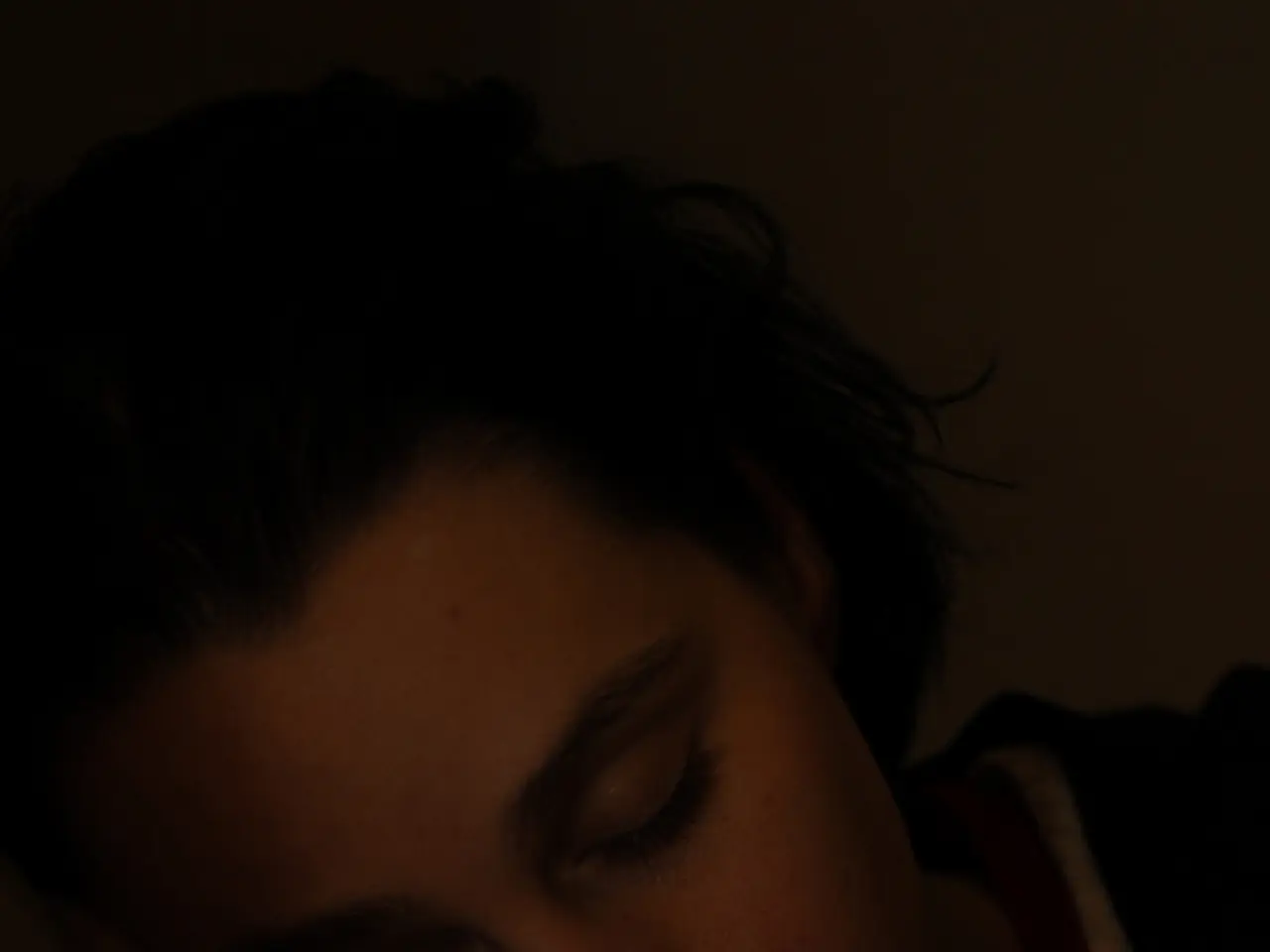Could Sexual Sleepwalking (Sexsomnia) Be Valid - and Might You Unknowingly Suffer From It?
Sexsomnia, also known as sleep sex, is a little-known sleep disorder that causes individuals to engage in sexual activities whilst asleep. These activities can range from masturbation, sexual touching, and even sexual intercourse, with the person being unaware of their behavior upon waking.
Common Causes
The exact causes of sexsomnia are not fully understood. It may be linked to other sleep disorders such as sleepwalking or obstructive sleep apnea. External factors like stress, alcohol use, and certain medications could also play a role. Sexsomnia often occurs alongside other parasomnias in what is termed parasomnia overlap disorder. Sleep deprivation, poor sleep hygiene, and neurological factors may also contribute indirectly.
Symptoms
During an episode of sexsomnia, an individual may perform sexual acts involuntarily during sleep, with their eyes open and making sexual noises. Upon waking, they usually have no memory of the events. The symptoms can cause distress or shame, impacting relationships.
Treatment Options
Treatment for sexsomnia is typically multidisciplinary, targeting the underlying cause. This may involve managing related sleep disorders, improving sleep hygiene practices, and prescribing medication in some cases. Stress reduction and creating a safe sleep environment are also important. A sleep study (polysomnography) is often recommended for accurate diagnosis and to detect other contributing sleep disorders.
Men are three times more likely than women to exhibit symptoms of sexsomnia, with men's behaviors being likely more pronounced and aggressive, while women are more likely to masturbate. Counseling may be an option for both the person with sexsomnia and those affected by the condition.
Triggers and Prevention
Triggers for sexsomnia can include anything that wakes a person up, such as noises, touching, or turning on lights. To manage sexsomnia, it's important to avoid external stimuli that could trigger episodes and address underlying conditions that disrupt sleep. Following a consistent sleep schedule and maintaining healthy sleep hygiene habits can help manage sexsomnia.
Sleep deprivation, stress, anxiety, fatigue, and irregular sleep patterns can also trigger sexsomnia. It's crucial to ensure enough sleep and avoid alcohol consumption and the use of recreational drugs, as they may lead to sexsomnia episodes for those who have the disorder. Some medications like over-the-counter sleep aids can potentially trigger sexsomnia as well.
Due to the uncontrolled nature of sexsomnia episodes, it's important to speak to a doctor about the condition and take precautions to protect others, such as sleeping in a separate room and avoiding triggers. A person with sexsomnia may be unaware of their actions, and it is unintentional.
A study published in the American Academy of Sleep Medicine found a link between sexsomnia and other sleep disorders like sleepwalking. The key to managing sexsomnia is to ensure enough sleep and maintain healthy sleep hygiene habits.
Read also:
- Exploring Botox as a Treatment for Interstitial Cystitis: Insights, Adverse Effects, and Further Details
- Linking brain weakness and cognitive decline: An examination of the potential relationship
- Is it Possible that Stem Cells Improve Joint Durability and Mobility during Senior Years?
- Is a Measles Booster Vaccination Required? You Might Be Shocked by the Response





